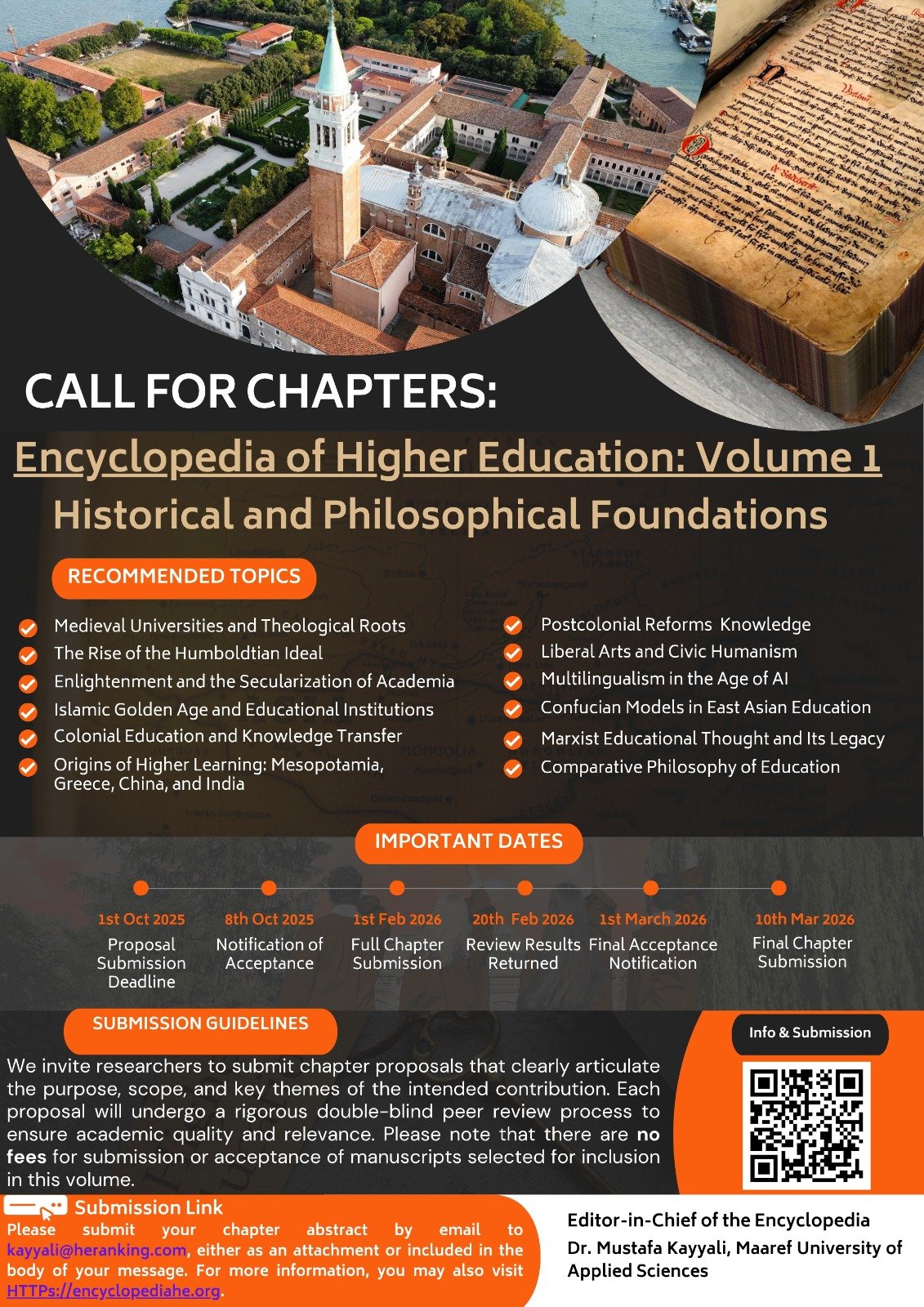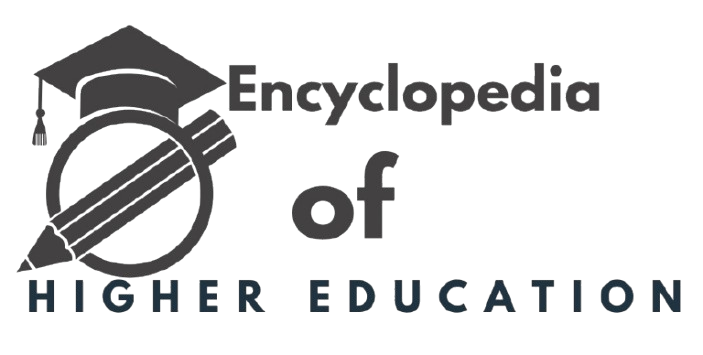Volume 1: Historical and Philosophical Foundations
Overview
This volume traces the deep roots and transformative journeys of higher education systems across time and civilizations. From ancient centers of learning in Mesopotamia, Greece, India, and China to the evolution of medieval scholastic institutions and the emergence of modern research universities, the volume captures the philosophical and historical contexts that continue to shape today’s academic landscapes. It engages with classical theories and contemporary critiques, offering a rich tapestry of intellectual traditions, reforms, and cross-cultural influences that have defined the very idea of the university.
Importance and Impact
Understanding the historical and philosophical underpinnings of higher education is crucial to shaping its future. This volume invites readers to reflect on how ideologies, movements, and institutional models emerged and interacted across regions and epochs. It illuminates the tensions between secular and religious education, Western and non-Western philosophies, colonial legacies and decolonial movements—issues that remain deeply relevant today. By grounding modern debates in historical depth, this volume fosters more informed, critical, and globally conscious conversations about policy, pedagogy, and academic purpose.
Submission Guidelines
Word Count: 5,000 to 6,000 words
Each chapter should be between 5,000 and 6,000 words, including references. This length allows contributors to develop their argument with sufficient depth while remaining accessible to a global readership.
Language: English
All submissions must be written in clear, academic English. Contributors are encouraged to use inclusive language and ensure clarity for an international audience.
Citation Style: APA (7th edition preferred)
Please follow APA Style, 7th edition, for all in-text citations, reference lists, headings, and formatting. Consistency in referencing ensures academic integrity and ease of cross-referencing.
References: At least 80% published after 2021
To ensure the relevance and timeliness of each chapter, at least 80% of cited sources should be published from 2021 onward. This helps maintain the encyclopedia’s credibility and reflects current research and policy discussions.
File Format: Microsoft Word (.docx)
Submissions must be uploaded in Microsoft Word format (.docx only). This format allows for easier editing, formatting, and review throughout the publication process.
Interested in Contributing?
Researchers and authors who wish to participate in the Encyclopedia of Higher Education project are invited to send their abstract, chapter idea, or full submission directly to: kayyali@heranking.com
Alternatively, you may fill out the following form to express your interest and submit your proposal.

Recommended Topics for Contribution
Authors are welcome to explore any of the following themes—or propose their own original focus aligned with the volume’s scope:
1- Origins of Higher Learning: Mesopotamia, Greece, China, and India
2- Medieval Universities and Theological Roots
3- The Rise of the Humboldtian Ideal
4- Enlightenment and the Secularization of Academia
5- Islamic Golden Age and Educational Institutions
6- Colonial Education and Knowledge Transfer
7- Postcolonial Reforms and Indigenous Knowledge
8- Liberal Arts and Civic Humanism
9- Confucian Models in East Asian Education
10- Marxist Educational Thought and Its Legacy
11- Philosophical Foundations of Curriculum Design
12- Pragmatism and the Deweyan Tradition
13- Existentialist and Critical Pedagogy
14- Comparative Philosophy of Education
15- Contemporary Global Debates in Educational Purpose
16- The Role of Monastic Education in Medieval Europe
17- Globalization and Its Philosophical Challenges to Higher Education
18- Indigenous Epistemologies and Decolonizing the Academy
19- The Rise of Research Universities in the 20th Century
20- Critical Theory and Higher Education
21- Structuralism and Post-Structuralism in Educational Discourse
22- Socratic Method and Dialogic Pedagogy
23- Evolution of Teacher Preparation Models
24- Religious vs. Secular Institutions in Historical Context
25- Comparative History of Curriculum Reforms
26- Conceptualizations of the “University” across Civilizations
27- Educational Philosophies in Revolutionary Periods (e.g., China, USSR)
28- Neoliberalism and the Purpose of Higher Education
29- Humanism in Renaissance and Modern Education
30- Historical Missions of Higher Education Institutions
